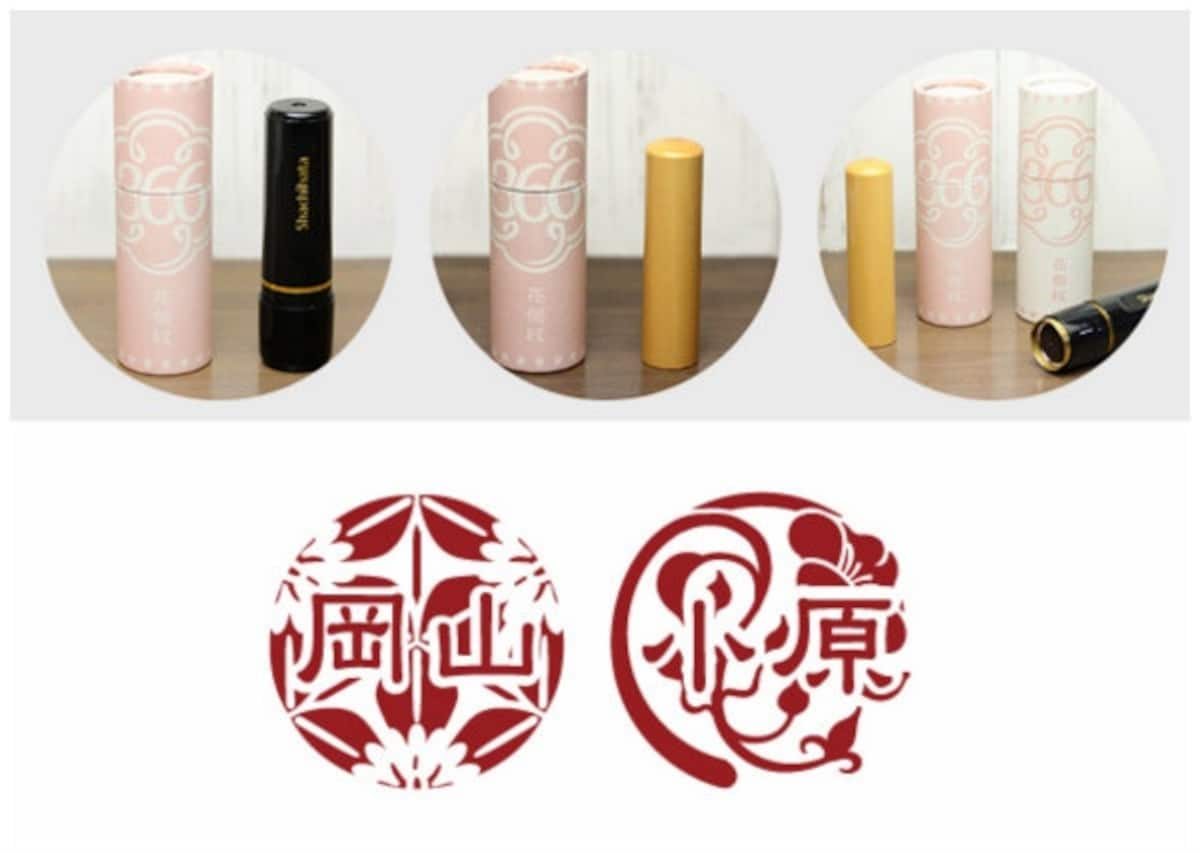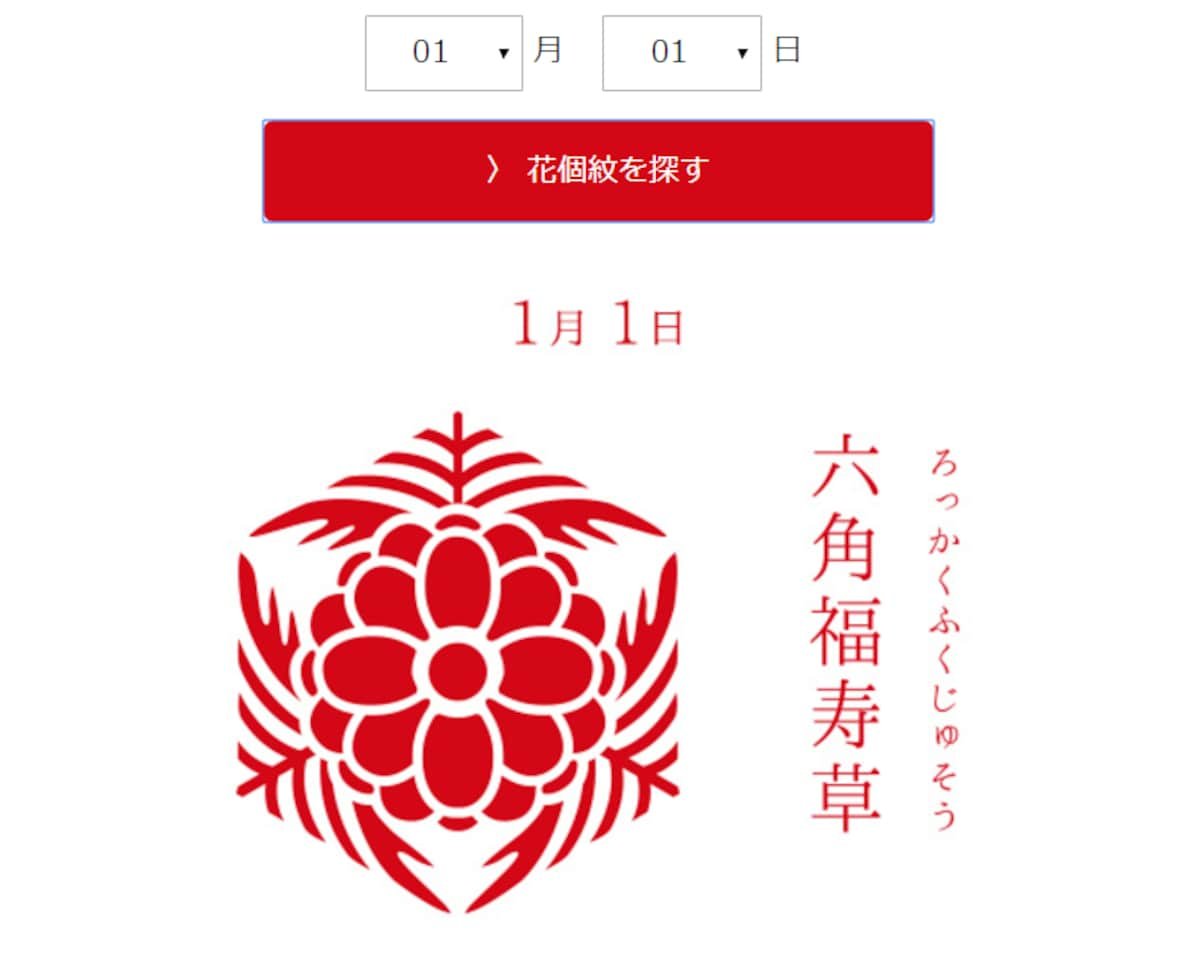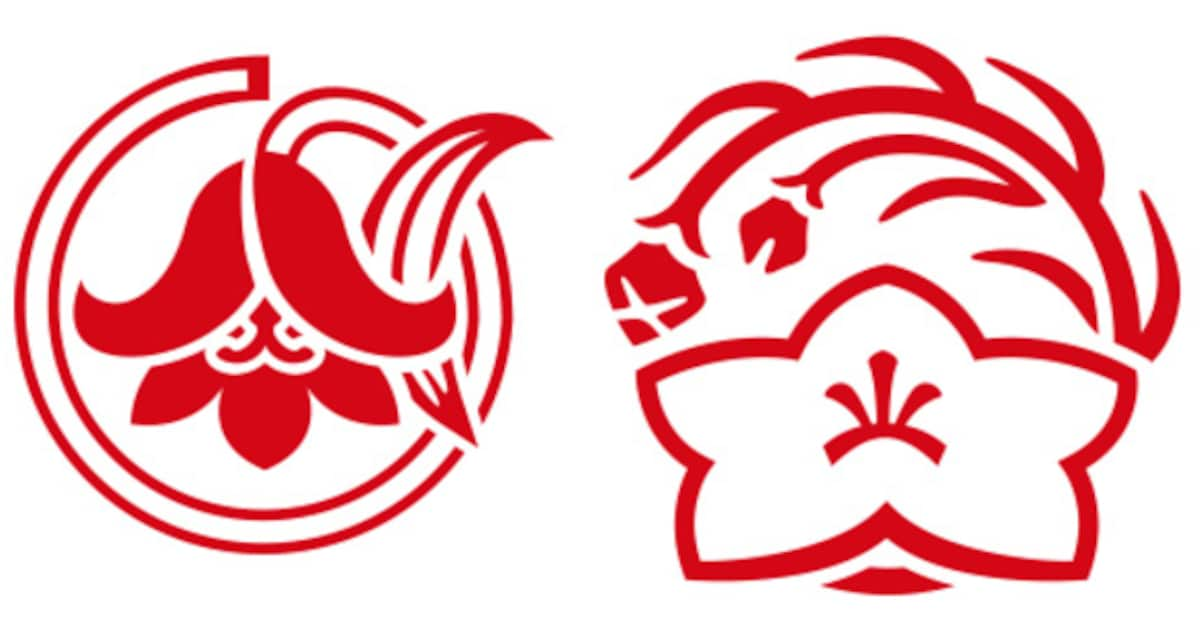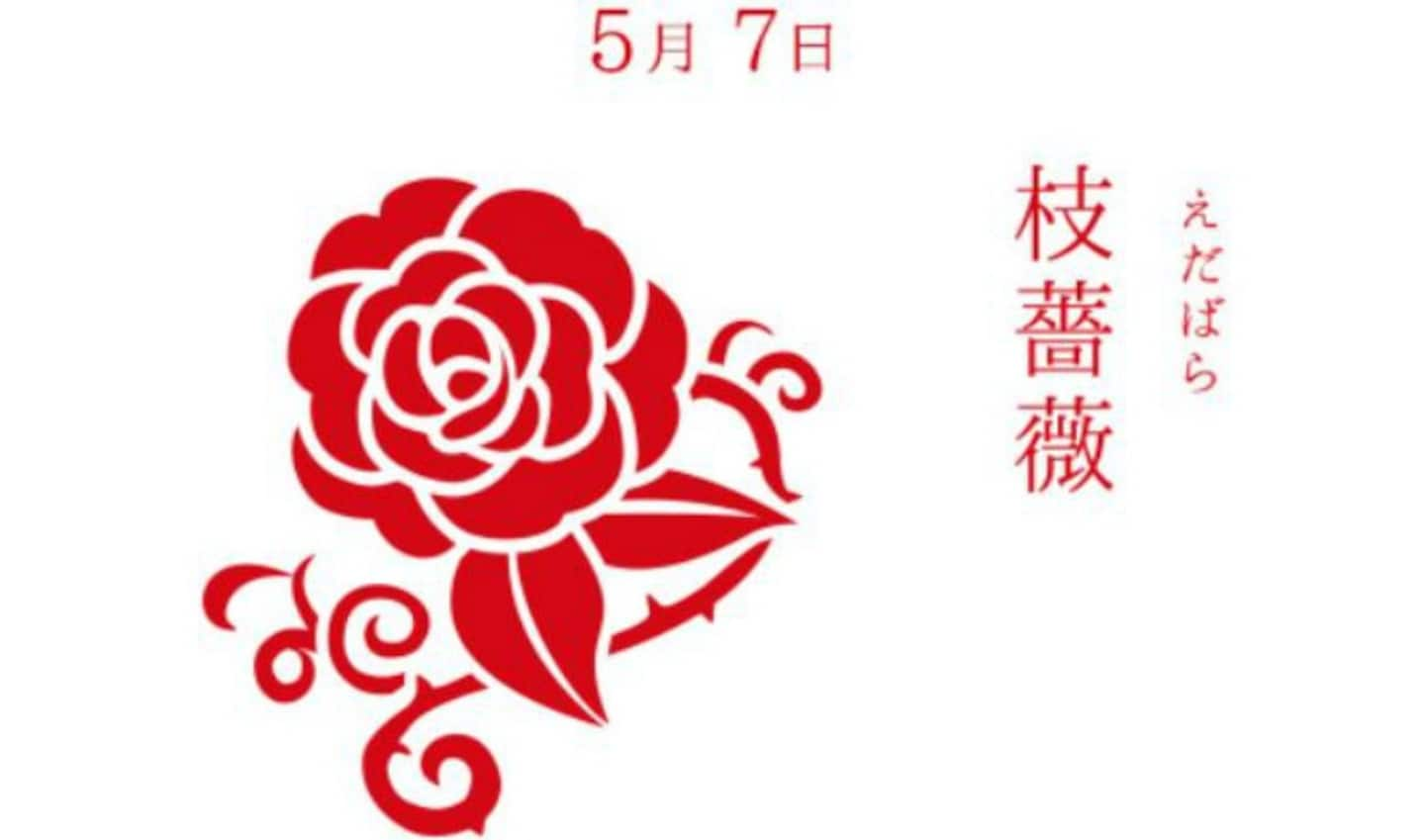Cement Your Friendship With a Custom Seal
Back in Japan’s feudal era, it was common for samurai to have a familial crest, similar to medieval knights’ coats of arms. If you’re reading this, you were born a few centuries too late to pledge your loyalty to a samurai clan, but you can still proudly use a hana komon, Japan’s floral crests that correspond to your birthday.
By SoraNews24
https://www.rakuten.ne.jp/gold/hankos/366_hanazukan/
The company Hankozu specializes in hanko (the stamp-like personal seals used in Japan instead of signatures on legal documents) and has expanded its offerings to include personalized hana komon hanko featuring the owner’s name and floral crest.

https://www.rakuten.ne.jp/gold/hankos/366_hanazukan/
If you’re unsure of what your hana komon is, the Hankozu website has a search function that will pull yours up for you here. Simply scroll down until you see the drop-down menus and select the month (月) and day (日) of your birth, then click the red button marked 花個紋を探す (“Search for hana komon”).

https://www.rakuten.ne.jp/gold/hankos/366_hanazukan/
The results will show you your crest and the name of the flower, as well as its associated meaning and a description of the expected personality of a person born with this crest. The hana komon for August 31 (pictured right), for example, is the Fritillaria lily, symbolizing a quest of yearning. Those with this hana komon are said to possess a mystical charm and gift for the insight that allows them to read other’s emotions, as well as a fine sense of humor. Meanwhile, the hana komon for those born on September 1 (pictured left) is the bellflower, representing purity and cleanliness, and those born with it are unpretentious and pure-hearted.





